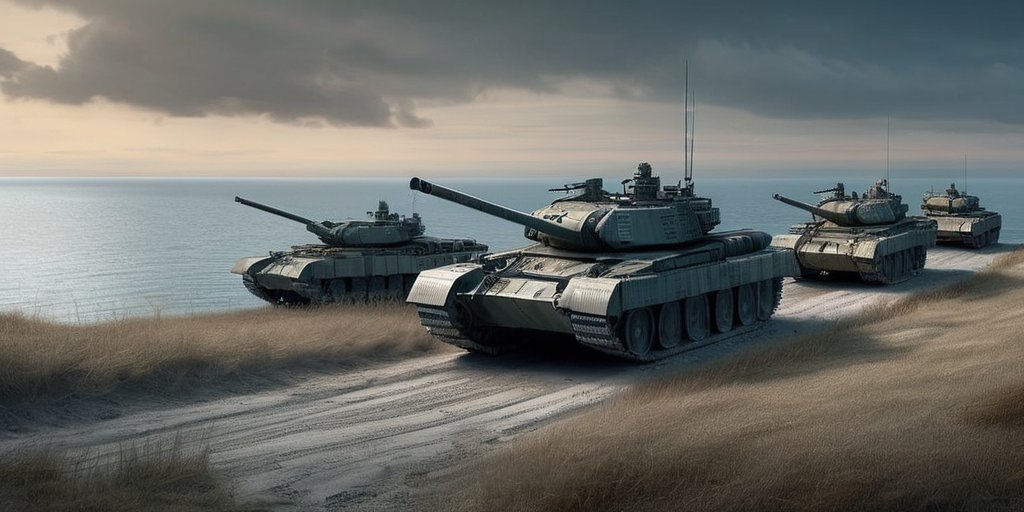The geopolitical landscape of Eastern Europe is increasingly influenced by Donald Trump’s approach to NATO and his complex relationship with Vladimir Putin. As NATO countries like Estonia, Latvia, and Lithuania grapple with security concerns, they find themselves questioning the reliability of U.S. military support under Trump’s leadership.
### The Changing Face of NATO and Security in Eastern Europe
As tensions rise with Russia’s aggressive actions, how these Baltic nations interpret Trump’s defense policies becomes crucial. Historically, the Baltic states have relied on NATO for protection against the looming threat of a resurgent Russia. However, President Trump has shifted the traditional paradigm by suggesting that U.S. military aid should not be taken for granted anymore. This change is causing worry in countries that have long been under the shadow of Russian influence, especially after their experience being integrated into the Soviet Union for decades.
### Historic Ties and Current Uncertainty
Trump’s presidency has reignited fear among Eastern European nations of a possible reduction in American military presence. This concern is compounded by the unpredictable nature of Russian aggression, with many stakeholders worried that if Putin senses a lack of U.S. commitment, he may act on his ambitions in the region. The Baltic states have recently taken proactive steps to bolster their defenses, including legislative moves for larger military spending and emergency preparedness initiatives like the construction of bomb shelters in new buildings.
### Trump’s Comments Resonate in the Baltics
Trump’s assertion that Europe must take ‘more responsibility’ for its defense raises alarms. Estonian officials and citizens are acutely aware that their country’s geographic isolation could make them a vulnerable target should Russia decide to act. Trump’s past claims about NATO funding—emphasizing that European allies must increase their contributions—have prompted Baltic states to prioritize defense spending significantly, aligning with the need to ensure their security in an uncertain geopolitical climate.
### The Future of European Security and NATO Unity
The unity of NATO is pivotal in deterring potential Russian expansionism. Countries like Estonia, Lithuania, and Poland are now requesting member support to remain steadfastly prepared in the face of possible Russian aggression. While cooperation remains strong, Eastern European nations are increasingly vocal about their needs for assurance that allies will come to their aid in case of attack. With Trump bringing a new dimension to NATO discussions, the regional safety net feels frayed and precarious.
### Conclusion
With countries like Estonia leading the charge in reinforcing their defenses, the message resonates clear: the Baltics are poised to become increasingly self-reliant while keeping a watchful eye on both the Kremlin and Washington D.C. As the situation develops, the implications of Trump’s NATO policies could reshape not only security dynamics in Eastern Europe but also the future of U.S.-Russia relations.
